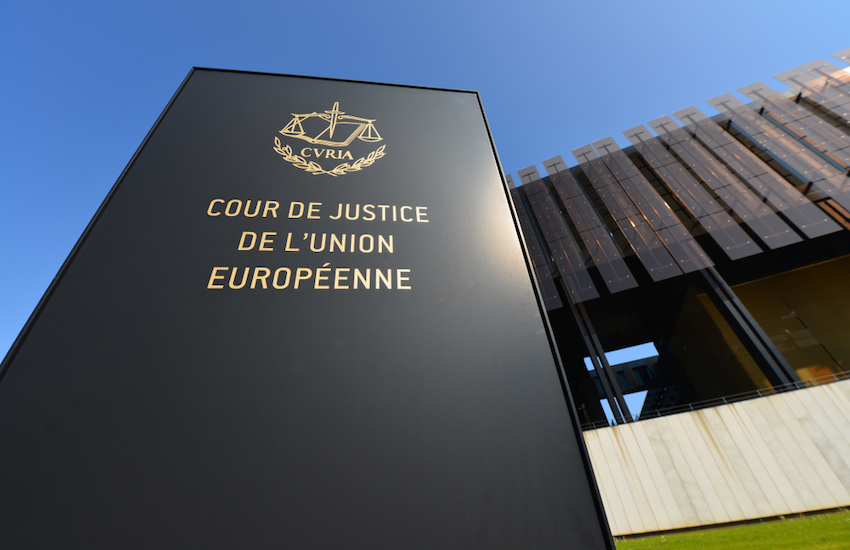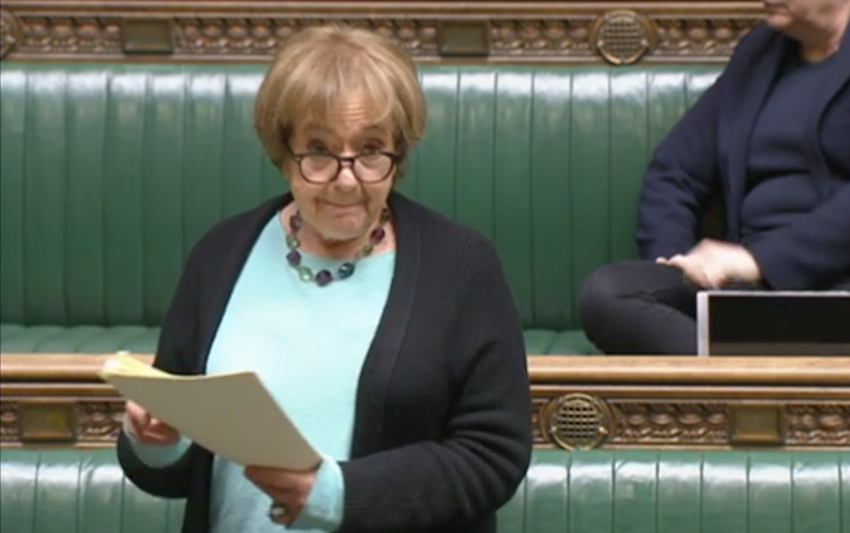


The Channel Islands have been told by the UK Government to open up beneficial ownership registers next year in the fight against dirty money amid accusations of being dishonourable and untrustworthy.
In May 2019, Jersey, Guernsey and the Isle of Man made a commitment to introducing public registers of beneficial ownership in the face of mounting pressure from the UK.
Who owns companies in the islands is often hidden, but campaigners and politicians believe unmasking them can help in the fight against tax evasion and conflicts of interest.
Progress on public registers in the Crown Dependencies stalled after a European Court ruling and differing opinions on what it meant.

Pictured: Progress on public registers in the Crown Dependencies stalled after a European Court ruling and differing opinions on what it meant.
But in a House of Commons debate, the message from the UK was clear, with Foreign Officer Minister David Rutley saying: “The train is leaving the station.
"We know the direction of travel. It is time for all our friends in the Overseas Territories and CDs [Crown Dependencies] to get on board.”
In 2020, the UK set out an expectation that public registers would be implemented in the Channel Islands and Overseas Territories by the end of this year.
Only Gibraltar has.
Mr Rutley continued: “Let me be absolutely clear: this is not where the UK Government wanted the OTs [Overseas Territories] and CDs [Crown Dependencies] to be.
“In November last year the Court of Justice of the European Union issued a ruling pertaining to publicly accessible registers, which changed the international context. The judgment found that an EU requirement to implement publicly accessible registers was contrary to the EU charter of fundamental rights.
“The UK was, however, satisfied with the lawfulness of our own publicly accessible register, and we continue to believe that CDs and OTs could legally implement public registers of their own. Not only that, but no fewer than 14 EU member states allow public access to their beneficial ownership registers even after the November court ruling. That should provide a direction of travel and a sense of security.”
Discussions with the Jersey, Guernsey and the Isle of Man have intensified since Spring.
“Given the differing views on the ruling, we are working together to find ways to make positive progress, including by discussing an interim step that would make significant progress towards commitments to improve corporate transparency: the implementation, next year, of publicly accessible registers of beneficial ownership with a legitimate interest access filter.
“That would allow access to beneficial ownership information for members of the public with a legitimate interest, such as media and civil society organisations involved in the fight against illicit finance and money laundering. It would also bring the [Offshore] Territories and [Crown] Dependencies in line with the EU, as the European court judgment notes that EU member states must continue to enable access to those with legitimate interest.”
Labour MP Dame Margaret Hodge has been a vociferous campaigner on the need for public access registers, long arguing that the UK not only has the power to but should legislate to force the Crown Dependencies to act.

Pictured: Labour MP Dame Margaret Hodge in debate. Image from Parliament TV.
In 2019 she welcomed in principle the Crown Dependencies commitment to public access, but was concerned that it was qualified and the action plan contained opt out clauses.
“However, on the basis of their commitment, we chose not to legislate but to trust them. It now seems that our trust was misplaced. They are reneging on that commitment and using every excuse not to comply,” she said in the debate.
She went on: “Given the implications both for national security and for the economy, the time has come to say, ‘Enough is enough.’ We should use the powers that we have.”
Guernsey, with the backing of key UK ministers, has argued that constitutionally the UK cannot legislate for the islands.
Dame Margaret argues that the Crown Dependencies facilitate secrecy in which the epidemic of tax avoidance, tax evasion and economic crime flourishes.
Russian money flowing into the islands was cited as a matter of national security.
“We know that individuals who are sanctioned use the Overseas Territories and Crown Dependencies to hide their assets just before sanctioning to prevent those assets from being frozen. Abramovich and Usmanov are two classic examples of that practice.”
The 2022 ruling of the Court of Justice of the European Union stated that unrestricted public access to beneficial ownership information was incompatible with the right to life.
Dame Margaret said that using the ruling to delay public registers was a “convenient but lame excuse”.
“It actually has not deterred Gibraltar. While some countries have closed their registers, others have kept them open.
“Crown Dependencies in particular are acting in a completely dishonourable way.
"Their role in facilitating economic crime and tax avoidance is indisputable, and their protestations to the contrary are simply untrue.
“Their behaviour in providing public assurances that they will move towards public registers but claiming that the European court ruling prevents them from doing so is, in my view, unforgivable.”
Comments
Comments on this story express the views of the commentator only, not Bailiwick Publishing. We are unable to guarantee the accuracy of any of those comments.